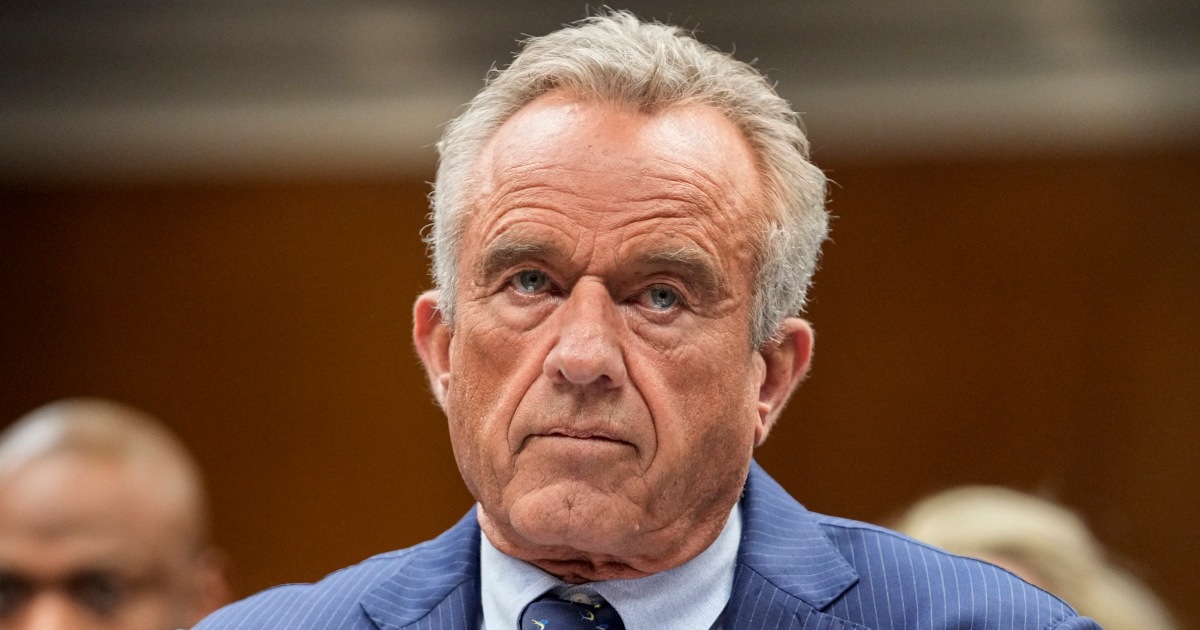
WASHINGTON — Health and Human Services Secretary Robert F. Kennedy Jr. returned to Capitol Hill for the third time in a week and faced more heated questions from lawmakers about the drastic funding cuts his department has made as part of President Donald Trump’s efforts to reduce the size of the federal government.
Tuesday’s hearing before a Senate Appropriations subcommittee centers on Trump’s 2026 budget request for the health agency, and within minutes, lawmakers expressed concerns about specific programs and funding that would see cuts if the proposed budget passes.
Sen. Shelley Moore Capito, R-W.V., expressed concerns during her opening remarks about program eliminations like those impacting the National Institute for Occupational Safety and Health.
“I support the President’s vision to right-size our government, but as you and I have discussed, I don’t think eliminating NIOSH programs will accomplish that goal,” said Capito, who leads the subcommittee.
Wisconsin Sen. Tammy Baldwin, the top Democrat on the subcommittee, got into a heated clash with Kennedy after challenging him on whether funding for issues like research on rare diseases, Alzheimer’s and cancer centers was related to diversity, equity and inclusion.
“This is a fun game we’re playing,” Kennedy remarked sarcastically when Baldwin’s time ran out before he could answer the question.
“It’s not a game,” Baldwin responded, as Kennedy criticized her for not giving him time to respond to her questions.
The White House’s proposal for the 2026 budget would slash HHS’s discretionary funding by 26%, hitting offices like the National Institutes of Health, the Centers for Disease Control and Prevention and the Low Income Home Energy Assistance Program the most. Under the proposed budget, the NIH’s funds would be slashed by nearly $18 billion compared with fiscal year 2025 levels.
Capito highlighted the impact of the NIH’s research in her opening remarks, praising research she called “extremely important.” Sen. Susan Collins, R-Maine, told Kennedy that LIHEAP was “absolutely vital for thousands” of people.
“The administration’s new budget seeks to eliminate what is truly a critical program,” said Collins, who chairs the full committee.
When asked whether Kennedy would work with the committee to try to restore the program, Kennedy said, “absolutely.”
Sen. Jerry Moran, R-Kan., was the first to bring up the measles outbreak, an area where Kennedy — a longtime anti-vaccine advocate — has faced intense scrutiny.
Kennedy told Moran that “the best way to prevent the spread of measles is through vaccination,” and touted his response to the outbreak. “We’ve done a better job at controlling measles since I came into this agency than any other country in the world,” he said.
During last week’s hearings in front of the House Appropriations and Senate Health, Education, Labor and Pensions committees last week, Kennedy refused to answer questions about the safety and effectiveness of major types of vaccines.
Asked at the House Appropriations Committee hearing last week whether he would vaccinate a child against measles today, Kennedy paused before saying, “Probably for measles.” Kennedy argued that his “opinions about vaccines are irrelevant.”
“I don’t think people should be taking medical advice from me,” said the nation’s top health official.
Asked whether he would vaccinate his child against chickenpox and polio, Kennedy said he did not want to provide advice.
Kennedy has a history of promoting false claims about vaccines, including the measles vaccine during an outbreak. The United States has had more than 1,000 reported measles cases so far this year, according to NBC News data. Kennedy has also promoted unproven treatments for measles and false information about vaccine testing.
Sen. Bill Cassidy, R-La., a physician who chairs the HELP Committee, corrected some of Kennedy’s comments about vaccines last week, describing how they were tested.
HHS is slashing its workforce and reorganizing divisions and offices. It announced in a news release in March that it would cut its workforce from 82,000 to 62,000 full-time employees. The department also announced that the number of divisions and offices would be reduced, a move it said was intended to “streamline the functions of the Department.”

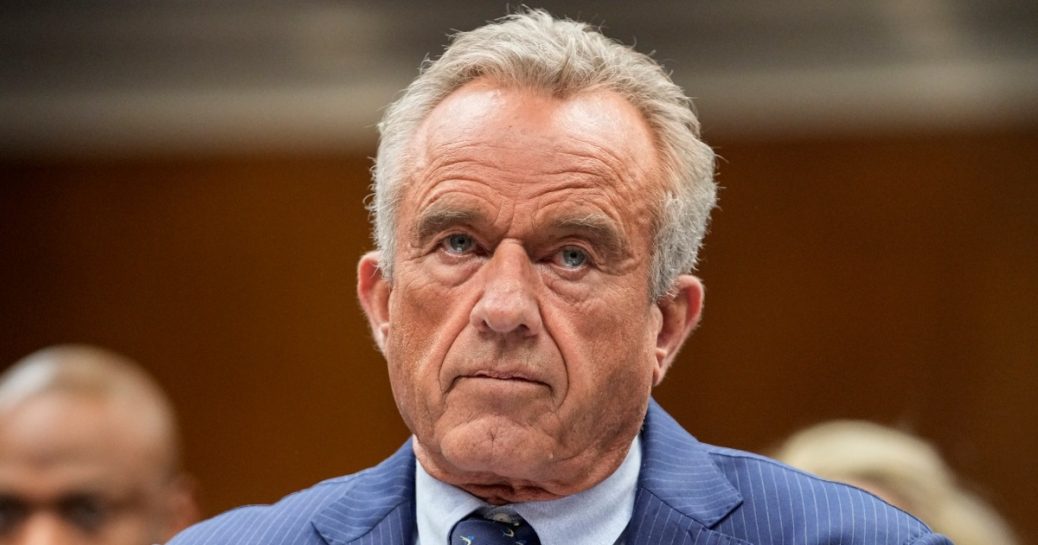
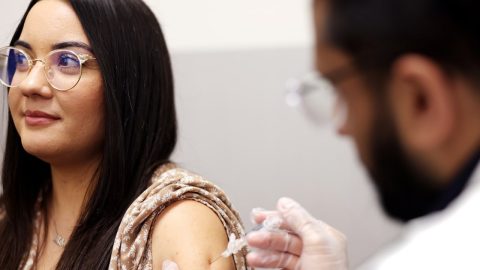

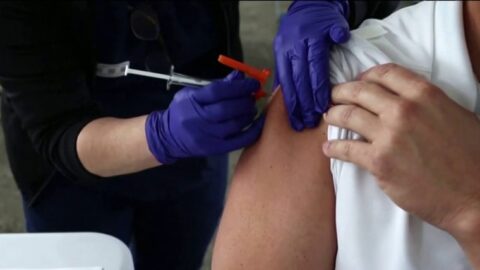

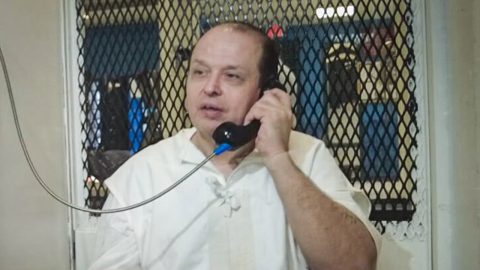

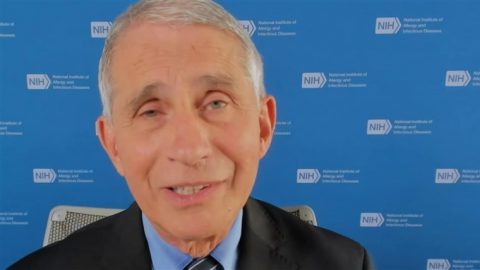
Recent Comments